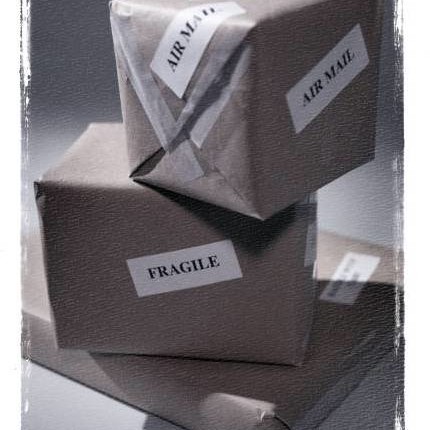Nassim Taleb has written a book entitled Antifragile: Things That Gain from Disorder in which he basically defines fragile, robust and anti-fragile as;

- Fragile – things that are harmed by volatility (e.g., glass bowl, economy, etc.)
- Robust – things that are not harmed or helped by volatility (e.g., a rock)
- Anti-fragile – things that thrive and improve with volatility (e.g., athletes with exercise gain strength and skill, entrepreneurs gain experience and resilience, etc.)
You can find a good summary of the concepts in his book in this video interview at http://www.fooledbyrandomness.com/ .
According to Taleb, the more we interfere with systems to prop them up and eliminate unpredictability and try to smooth things out (i.e., take out the booms and busts of an economy) the more fragile and unstable that system gets. He uses the US economy extensively as an example and illustrates how bailing it out with programs like Quantitive Easing has really only made it that much more volatile and unstable. He states that “man-made complex systems tend to develop cascades and runaway chains of reactions that decrease, even eliminate, predictability and cause outsized events.” Essentially, as the systems that man creates grow larger, they become so complex we cannot control them. In fact, our attempts to control them only make them more volatile and likely to self destruct through a runaway chain of reactions.
